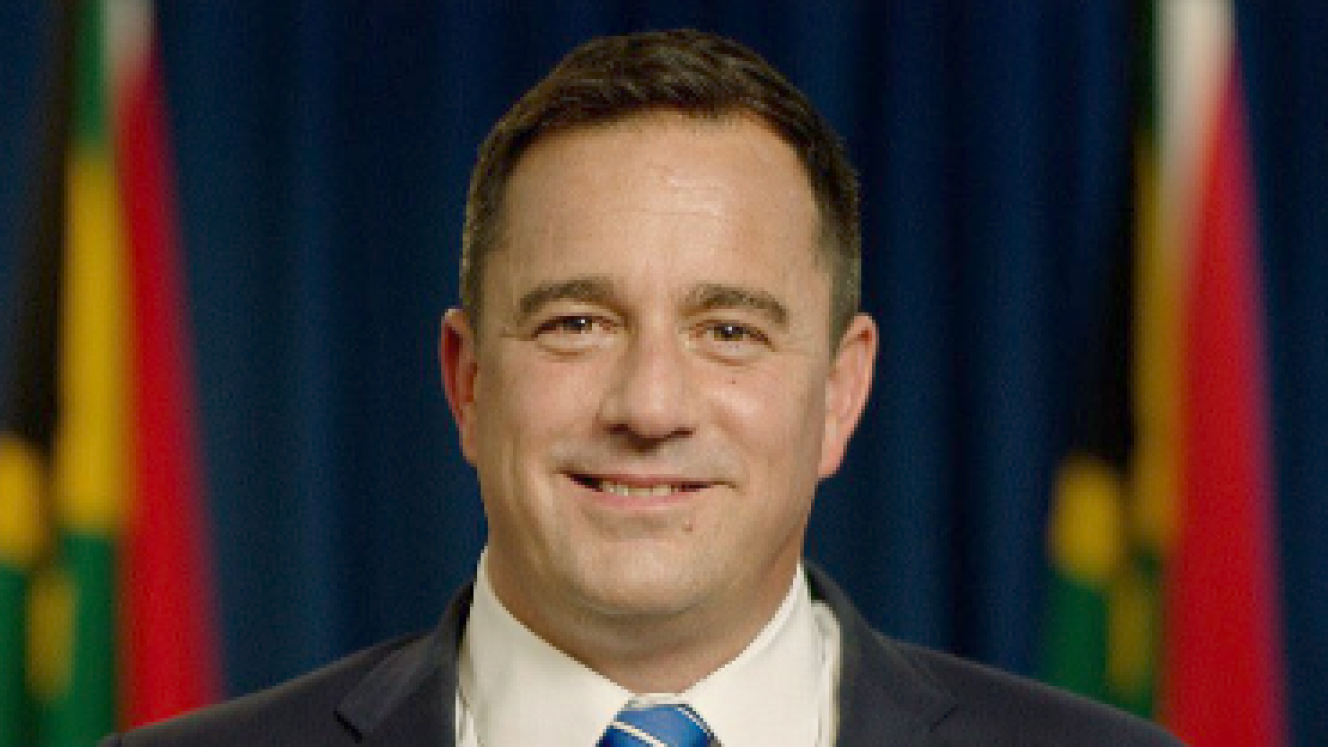DA leader John Steenhuisen may as well have been speaking for other newly appointed ministers in South Africa’s Government of National Unity (GNU) when he said that a minister didn’t necessarily need to have expertise in a particular field to be appointed to that sector’s portfolio.
As minister of agriculture in South Africa’s seventh administration, Steenhuisen’s appointment has elicited a fair amount of criticism over what qualifies him to run this portfolio, much like the criticism that has been aired over the appointment of Barbara Creecy as minister of transport.
From within logistical circles, stakeholders this morning expressed their misgivings about why someone from within the industry itself, with experience and understanding of the challenges that beset the sector, weren’t appointed to head up this department.
But Steenhuisen, who used to own a farm in the Midlands of KwaZulu-Natal, cut to the quick when he was probed about his bona fides during a radio interview.
“Ministers don’t necessarily have to be qualified in their particular area of expertise.
“Trevor Manuel was one of our best finance ministers and didn’t come from that particular background.”
Steenhuisen said it must be remembered that ministers fulfil a facilitative function at executive level.
“The minister’s job is collaborative, a policy position and pulling people together.”
He might as well have spoken for Creecy who replaces Sindisiwe Chikunga who, despite criticism at the outset about her actual experience in midwifery, did a fair job at the Ministry of Transport.
Much is often said about continuity between shifts at the top, but whereas Creecy inherits a department some say isn’t properly run, Steenhuisen is stepping into a portfolio representing South Africa’s best-run sector at the moment.
Job creation in this sphere of the economy tops all others, Statistics SA has found.
In its latest Quarterly Bulletin, the SA Reserve Bank reported that “growth in the real output of the primary sector accelerated in the first quarter of 2024 due to a significant increase in agricultural output, which resulted largely from the higher production of horticultural products”.
Steenhuisen said it was the “commonalities” of all the parties in the GNU that could help to maximise growth.
“We have to get the economy going, we have to create jobs, we have to end corruption, we have to focus like a laser beam on infrastructure, and we have to improve the ability of young people to be able to find a place in a changing work environment.”
In his new position, he said there was “a lot of work with other departments that impacted on the value chains around agriculture, like the road and rail network, ports, municipal government and water management”.
On the question of the country’s port and rail network, Transnet CEO Michelle Phillips confirmed that the state-owned logistics company would report directly to the Office of the President whereas it previously fell under the Department of Public Enterprises.
Steenhuisen said it was going to be important to promote South African goods overseas by focusing on quality, buyer security and the country’s agricultural product offering.
Talking about policy differences, he said synergies and future strategies would soon be discussed at a GNU lekgotla.
“I do believe that there is common agreement about the good things that need to be done.
“It’s not going to be easy. It’s new territory (the GNU) and of course there are going to be challenges, but we have no choice.
“We have to make it work because, frankly, the alternative is too ghastly to contemplate.”













